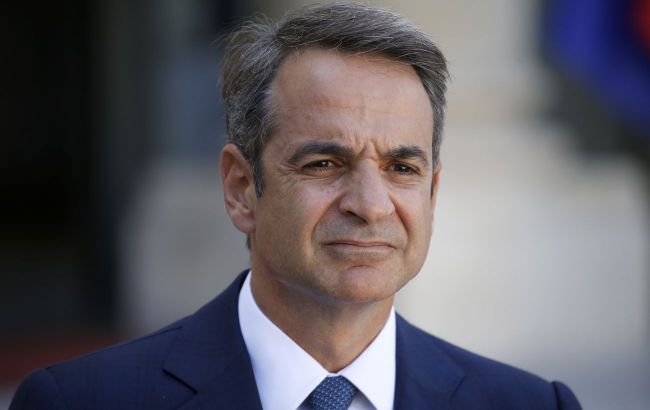Greece warns of sharp rise in electricity prices due to Russia's strikes on Ukraine
 Greek Prime Minister Kyriakos Mitsotakis (Getty Images)
Greek Prime Minister Kyriakos Mitsotakis (Getty Images)
Russian attacks on Ukrainian infrastructure have been one of the key factors behind the sharp increase in electricity prices in southeastern Europe. This summer, energy prices in the region more than doubled, highlighting the vulnerability of EU energy markets, according to Greek Prime Minister Kyriakos Mitsotakis.
In a letter to the European Commission, seen by the Financial Times, Mitsotakis said that prices in August had risen from €60 to €130 per megawatt-hour. He urged European Commission President Ursula von der Leyen to urgently address the issue of insufficient cross-border capacity to stabilize prices.
Among the causes of the price surge, Mitsotakis cited hot weather, power production disruptions, and dried-up reservoirs. However, the key factor, he said, was Russian strikes on Ukraine's power grid, which led to a sixfold increase in electricity imports to Ukraine from neighboring EU countries.
The Greek leader also pointed to the need for better oversight of the electricity market, which he described as an opaque black box. EU policymakers, including former Italian Prime Minister and European Central Bank President Mario Draghi, have also expressed concern over high and volatile energy prices, which are negatively impacting Europe’s competitiveness.
Von der Leyen emphasized the importance of cross-border energy networks, which could be funded by the EU budget to meet climate goals.
Utility rates in Ukraine
During the war, Ukraine has maintained a freeze on tariff increases for gas, heating, and hot water, a moratorium that does not extend to electricity and cold water.
According to a memorandum with the IMF, Ukrainian authorities are considering the possibility of gradually raising utility tariffs for the public as soon as circumstances permit.
The National Bank of Ukraine forecasts that gas, heating, and hot water tariffs will remain unchanged in 2024. However, the complex situation in the energy sector and state budget could lead to gradual increases in the coming years.

